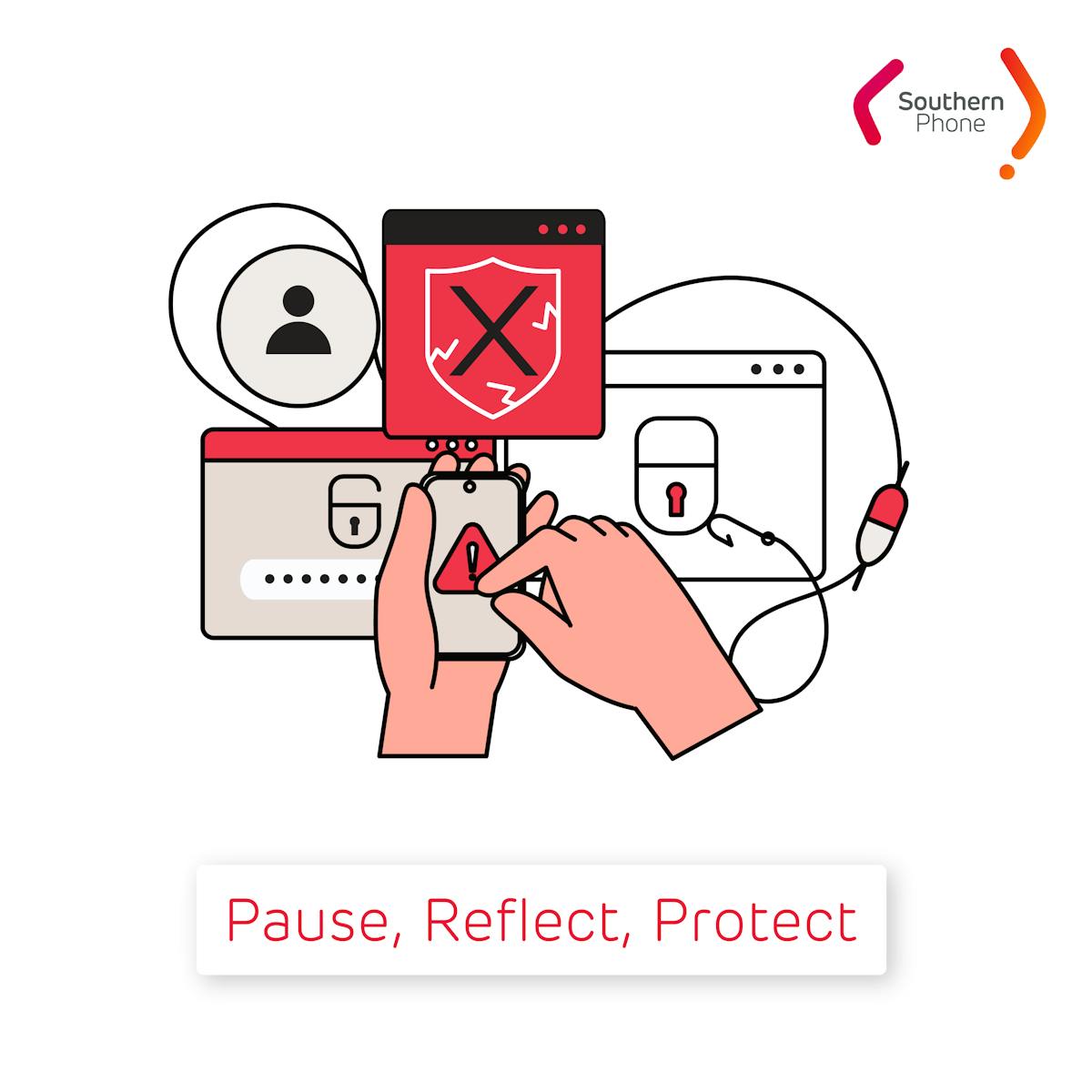Scams. They succeed because they look like the real thing and catch you off guard when you’re not expecting it. It's a sad reality, but Australia has seen an increase in various types of scams, affecting people from all walks of life. But fear not! We're here to help you understand these scams and arm you with the knowledge to help you protect yourself.
Education is the Best Defence
Knowledge truly is power, especially when it comes to preventing scams. Scammers often rely on the lack of awareness about their tactics. By educating ourselves about the different types ofscams and how they operate, we can be one step ahead and avoid falling into their traps. It's important to stay updated with the latest scamming techniques, as scammers are always evolving their methods. Websites like Scamwatch, run by the Australian Competition and Consumer Commission (ACCC), are a great resource for this.
Understanding the Types of Scams
Scams come in many shapes and sizes. According to Scamwatch, some of the most common ones include romance scams, investment scams, product and service scams, threats and extortion scams, jobs and employment scams, unexpected money scams, and impersonation
scams.
Each scam operates differently and here’s a high level breakdown of some of the most popular scams going around right now:
Romance scams often involve fake profiles on dating websites, where the scammer forms a relationship with you and then asks for money under false pretences.
Investment scams, involve fake business opportunities where you're convinced to invest your money into non-existent ventures.
Product and service scams involve selling goods that don't exist or aren't as described, while threats and extortion scams involve scammers threatening you or your family's safety unless you pay them.
Jobs and employment scams lure you with the promise of high-paying jobs that require an upfront payment but don't exist.
Unexpected money scams involve you receiving money or an inheritance out of the blue, with scammers asking you to pay taxes or fees to claim it.
Impersonation scams involve scammers pretending to be from a well-known company or government agency to trick you into giving them money or personal information.
The Formats of Scams
Scams can reach you through various mediums. You could receive a suspicious text or SMS, a call from an unknown number, an email from a seemingly trustworthy source, a message on social media, a deceptive website, or even an in-person approach. Being aware of these various formats can help you stay vigilant and identify potential scams.

Think Before You Click, Pause Before You Pay
These two principles can be your guiding light in the fight against scams. Before clicking on any link or making any payment, take a moment to reflect. Is this source trustworthy? Is this request reasonable? By taking a moment to pause and reflect, you could potentially save yourself from falling into a scam.
Protecting Yourself and Others
Protecting your personal information is vital. Never share your personal or financial details with anyone you don't trust. Be wary of unsolicited requests for your personal information and always double-check the source before divulging any information. It's also essential to educate your loved ones about scams, especially those who may not be tech-savvy. The elderly, in particular, can be vulnerable to scams and may need guidance in understanding and identifying potential scams.
What to Do If You've Been Scammed
If you suspect that you've been scammed, don't panic. Contact your bank immediately if you've shared any financial information. Report the scam to the authorities and to Scamwatch. Remember, it's not your fault. Scammers are cunning and manipulative. The important thing is to learn from the experience and take steps to protect yourself in the future.
Scams are a serious issue, but with the right knowledge and precautions, we can protect ourselves and our loved ones. Remember, stay vigilant, educate yourself and others, and always pause and reflect before taking any action. For more information and real-life stories, head over to the Australian government's Scamwatch website.